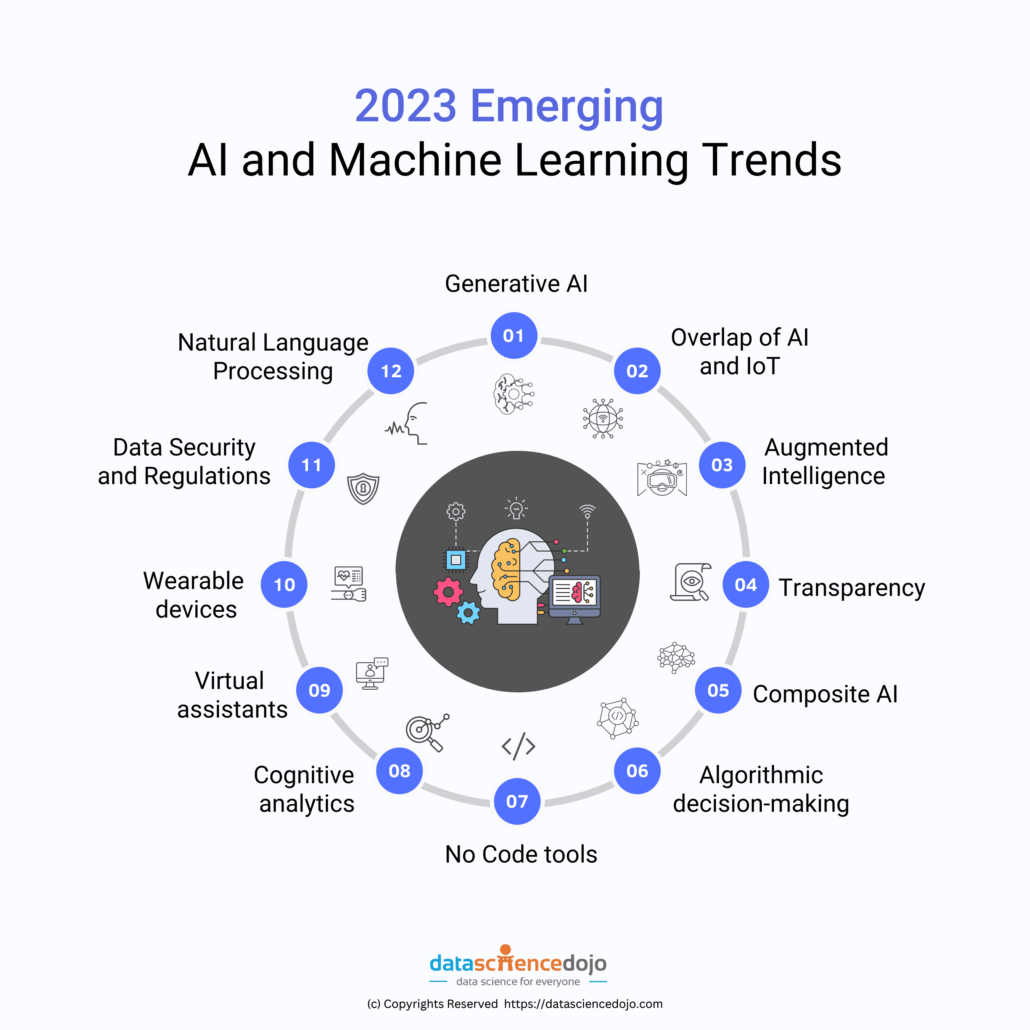Within the current fast-changing business landscape, the integration of AI has become a crucial strategy for companies looking to stay in front of the curve. While companies struggle with shifting customer expectations, increasing competition, along with the need for workplace efficiency, AI offers innovative solutions that can transform traditional business models. By harnessing the capabilities of data and machine learning, businesses can make better decisions, automate repetitive tasks, and personalize customer experiences, setting the stage for sustained growth.
Additionally, while industries continue to adapt to tech advancements, the implementation of AI is not just a trend; it is becoming essential for survival. From optimizing supply chains to improving marketing strategies, AI enables businesses to not only react to market demands but also anticipate them. Adopting AI is akin to future-proofing an organization, guaranteeing that it can thrive in an unpredictable environment while boosting productivity and innovation. The advantages are clear, and those who leverage AI effectively will likely rise as leaders in their industries.
AI Technology Developments

AI is rapidly advancing and transforming the landscape of corporate activities. One key trend is the growing fusion of AI with cloud computing, permitting businesses to utilize vast amounts of data from any part in the world. This integration enables companies to employ advanced analytics and ML algorithms without major upfront investments in physical infrastructure. As a result, firms of all scales can adopt AI solutions that boost decision-making and optimize workflows.
Another major trend is the rise of AI-driven automation across multiple sectors. From production to customer service, organizations are adopting AI solutions to simplify processes, minimize human error, and boost efficiency. Robotic process automation and intelligent virtual assistants are just a few examples of how AI is being utilized to manage repetitive tasks, liberating human resources for more strategic goals. This change not only boosts productivity but also reduces operational costs.
Furthermore, the demand for customized customer interactions is fueling the development of AI applications in advertising and sales. Companies are leveraging AI to examine consumer habits and preferences, enabling for t ai lored advertising and customized product recommendations. This level of customization not only increases customer contentment but also increases sales and retention. As AI continues to advance, we can anticipate even more innovative approaches to engage customers and comprehend their needs effectively.
Implementing Artificial Intelligence in Business
To effectively apply AI in business, companies must primarily determine their specific needs and goals. This entails evaluating areas where Artificial Intelligence can foster productivity, improve customer satisfaction, or optimize operations. By centering around clear goals, businesses can focus on Artificial Intelligence applications that deliver the highest ROI, whether that be in streamlining routine tasks, improving data analysis, or personalizing customer engagements.
Next, it is important to allocate resources in the right technology and talent. This entails picking Artificial Intelligence tools that align with the business's needs and confirming that teams have the required skills to make use of these technologies effectively. Developing employees and fostering a culture of innovation are critical steps in this journey. Enterprises may also explore alliances with Artificial Intelligence providers to accelerate their implementation and gain access to skills that enhances their internal competence.
Finally, organizations must regularly assess the impact of their Artificial Intelligence initiatives. This includes measuring results against the established objectives and being willing to modifying plans based on results. Consistently assessing AI effectiveness not only helps in honing processes but also in discovering new opportunities for advancement and creativity. As companies embrace this adaptive approach, they set themselves up to keep pace with the evolving landscape of technology and keep a market advantage.
Assessing Artificial Intelligence Influence
Assessing the influence of Artificial Intelligence in enterprises is crucial for understanding its effectiveness and potential ROI. Organizations can start by establishing specific performance indicators adapted to their specific objectives, such as increased productivity, enhanced customer engagement, or substantial reduction in expenses. By contrasting these metrics before and after AI adoption, organizations can gain critical understandings into how artificial intelligence solutions are changing their processes and creating value.
A combination of numerical and qualitative data is important for a comprehensive evaluation of AI's influence. Quantitative indicators may consist of revenue increase, reduced operational downtime, and user adoption rates, while descriptive feedback from employees and customers can showcase usability and contentment with AI-driven systems. This twofold methodology allows companies to not only measure tangible returns but also understand the psychological and experiential changes that accompany AI adoption.
Ultimately, ongoing oversight and progressive modifications are key to maximizing AI's potential. Businesses should consistently analyze success data and feedback to detect aspects for improvement. By cultivating a environment of flexibility, businesses can guarantee that their AI strategies develop alongside progress in technology and market demands, ultimately resulting to long-lasting competitive advantage.
